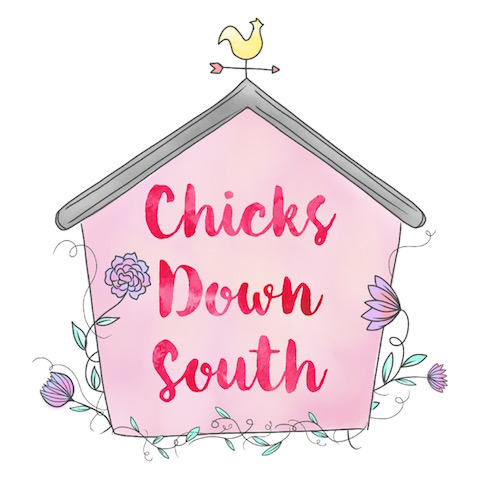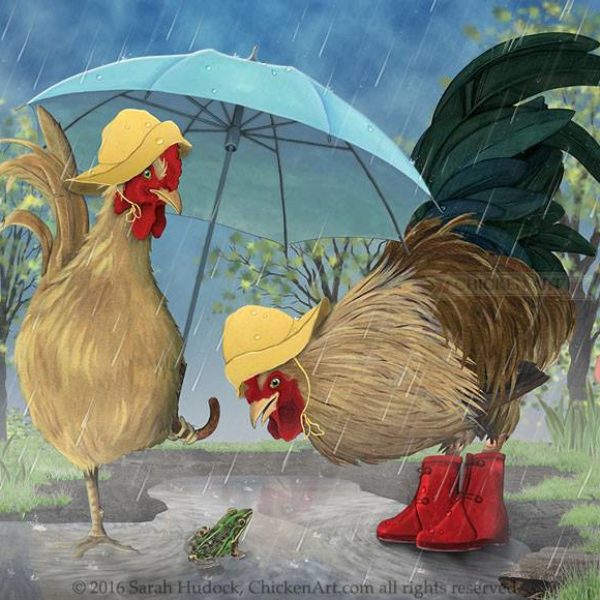“Yes” Person or “No” Person- Which are you?
Being a “yes” or “no” person, will not be good for you, your workplace or even your family. No one wants to deal with a door mat or someone who drives the negative. A happy-medium and someone who thinks through things is the best person for decision making. Which are you?
If you’re a “yes” person, you’ll do things you don’t want to do. On the other hand, if you’re a “no” person, you’ll bring out the complete negative in the life of others, the organization or the team. If you’re a yes person, those around you will be frustrated for lack of insight. If you’re a “no” person, you’ll miss out on some really good things and you’ll cause those in your circle of influence to miss out too! The best option for anyone is, “Let me think about it” until you can size up the situation and make a sound decision.
So which are you? When asked a question, do you generally say “yes” very quickly or “no” very quickly or do you indeed ponder the question so that you can make the right decision? Hopefully you find yourself thinking and determining the best options for any question.
Some years ago, I worked in the school system and had a “no-type” boss. If you asked her almost anything, her typical answer was “no”. She was just that type of thinker. Her answers were almost consistently “no” on the front end and because she was an issue person, she rarely changed her mind. Many did not enjoy working with or for this administrator. She was a nice enough person as people go but it was not easy working in a business setting with her because the iron thumb often squished the creativity out of fabulous teachers and educators.
During those years, I learned early on how to work with a person whom almost aways and consistently said “no”! I learned that these people say “no” to progress, “no” to excitement, “no” to innovation, “no” to growth and as a result, those who end up in that environment, find themselves just not asking for fear of another “no”.
What I learned over time is that a “no-type” person can be lead to say “yes” but a lot is involved. It is my premise that a “no” person often regrets saying “no” but it’s like a personality glitch so to help theses types here are a few recommendations:
1. Ask for a meeting to discuss a project with this person. Immediately let the “no” leader understand that you’re not there for a decision, but that you want to “throw out” some ideas about a project to be considered in the future. Discuss your idea but under no circumstance ask the dreaded question, “May I do this thing?” The answer will probably be “no” and the whole point of a meeting is to cultivate a “yes” down the road. Given time and allowing this person to take part in the planning, a yes may be forth coming.
2. Do a quick-drop in on the “No” person and simply say, “Next month, I’d like to….whatever” and then quickly say, “but I need to share more so I’ll see you later about it.” and quickly change the subject or get out of Dodge, so to speak! Again, do NOT ask a question so that you don’t hear the word “no”. I learned over the years to never ask a direct question. Instead, it was always better to make the case of what was in the works and say something like, “At some point, I’d like some advice from you on….. “ and thereby get this person in the driver’s seat to help plan the event instead of him or her completely shooting down the idea.
For “yes” folks, the atmosphere is a bit more friendly because it was your idea and you want to do it. The problem could be though, that the “yes” person did not foresee and think of things that could be in the way in order to do this thing. It could cause bad conditions down the road. To help the “yes” person, similar behaviors must be done if you want success in your endeavor.
1. Ask for a meeting and provide a lot of information about your project. Again, do not ask for a yes or no answer. Help this “yes” person understand that the calendar should be checked and maybe you might think of important questions yourself in order to determine if timing, setting and event can come together without a hitch. The yes person needs more information to make that right decision.
2. Quick-drop visits are good for “yes” people too but important questioning would be important in order to help this positive person see the possibilities of schedule problems, logistical events and the like.
Finally, if you work for, or deal with a person who has a great thinking cap, and can weigh things before making a decision, thank your lucky stars every day because this person will help you focus, provide sound thinking and whatever event you want to consider will be a success due to a determination to consider the possibilities and share leadership skills in future projects. This “Let me look at the calendar” person or “Let me see how much time it would take” or…” Why don’t we sit down and talk about it before we schedule” person will lead your project to success.
For me… I’m more of a “yes” person and it drives even me wild. I’m constantly wishing I had thought through the event or situation better. I’m going to work on saying “Let me think about it” and I love people who help me do just that… think about it before a decision is made.
We’re all growing in some way aren’t we? Yes! (There I go again just saying “yes”.)
Josie
Click Below To Visit Our Store
Archives
- July 2020
- April 2020
- March 2020
- October 2019
- February 2018
- January 2018
- December 2017
- November 2017
- October 2017
- September 2017
- August 2017
- July 2017
- June 2017
- March 2017
- January 2017
- November 2016
- October 2016
- September 2016
- August 2016
- July 2016
- March 2016
- February 2016
- January 2016
- December 2015
- November 2015
- October 2015
- September 2015
- August 2015
- July 2015
- June 2015
- May 2015
- April 2015
- March 2015
- February 2015
- January 2015
- December 2014
- November 2014
Up and Coming Events
| M | T | W | T | F | S | S |
|---|---|---|---|---|---|---|
| 1 | ||||||
| 2 | 3 | 4 | 5 | 6 | 7 | 8 |
| 9 | 10 | 11 | 12 | 13 | 14 | 15 |
| 16 | 17 | 18 | 19 | 20 | 21 | 22 |
| 23 | 24 | 25 | 26 | 27 | 28 | 29 |
| 30 | ||||||



